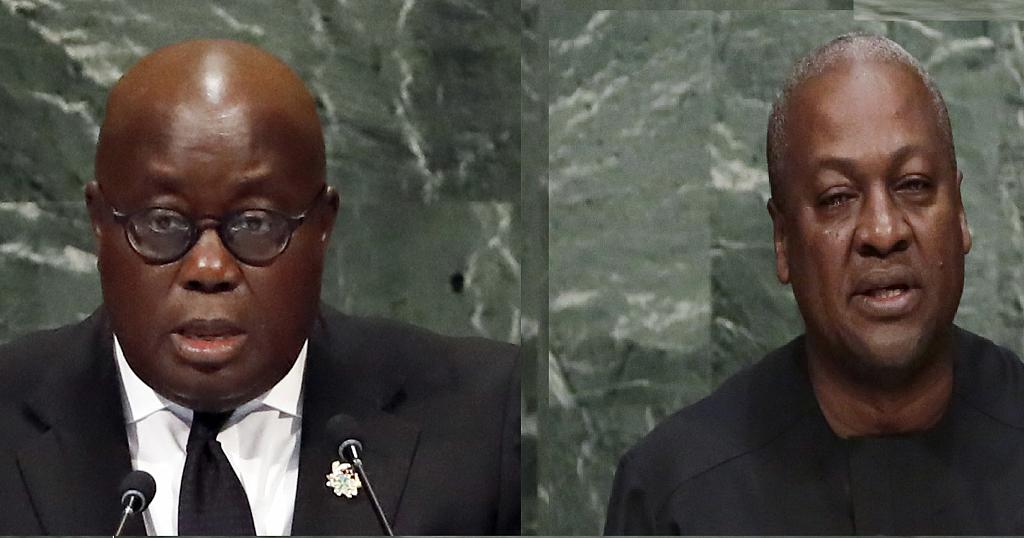Israel in Sudan, Will it Hold Up?
“Shaping the Horn of Africa according to a US vision will only be achieved through Khartoum”. I have always been repeating this statement whenever I’m invited to a discussion about the Horn of Africa and Sudan, or when I’m asked to express my opinion regarding that complicated issue. I had expected the current Arab and African countries rush to normalize relations with Israel in previous studies and articles entitled “The Sudanese Revolution, a Gulf Review” and “Riyadh and Asmara and the Chess Pieces Mover” which you can find on the website. And though my future expectation agreed with the events today, but the rush to normalization surpassed my expectations.
Khartoum joined the normalization trend unwillingly, but the most positive part about it was that Sudan witnessed neither acclaim nor media misrepresentation led by morally and psychologically distorted idiots, nor songs and poems to spoil the remaining beauty of our homelands, which is an important thing.
The various generations of the Sudanese elite realize that their country has never been absent from the Israeli strategy and that Tel Aviv has always been looking forward to Sudan to strengthen its security strategy for the twenty-first century. Now, Tel Aviv believes that there is no more conducive opportunity as Khartoum seeks to build relations with it, irrespective of whether timidly or unwillingly.
Like Israel, Washington is aware that the normalization agreement between Tel Aviv and Khartoum has no real support not only at the public level, but also among the leaders who accepted it reluctantly and for what those leaders considered a last resort. After all, I fear that lifting Sudan from the List of States Sponsors of Terrorism will be slowed down or stalled even if the decision was ratified, especially since Khartoum has previous bad experiences regarding diplomatic courtesy, not to mention moral courtesy. This was clear in the promises that preceded the 2005 Naivasha Agreement besides the targeting of the Sudanese Al-Shifa Pharmaceutical Factory after Khartoum seriously considered rapprochement and cooperation with the international community.
But what the parties to normalization (Tel Aviv and Khartoum) have before them?
- Tel Aviv is cognizant that a small percentage of the Sudanese elite support the normalization agreement and who believe the rapprochement with Israel is an opportunity to return to the international community and a solution to all the outstanding problems of Sudan. So, I think the Israeli media machine will spare no effort to intervene in the next stage to support this elite in order to pave the way for winning part of the Sudanese public opinion that advocates the Sudanese-Israeli rapprochement. The result will either be fragmentation of the Sudanese society and reshaping it or dividing and disintegrating the national unity in a manner exceeding the aftermath of the civil war in the 1990s.
- Israel fears that the normalization agreement with Sudan will be similar to the Egyptian-Israeli Peace Agreement which was limited to certain issues dealt with among statesmen apart from the peoples in the two countries. This could constitute the dilemma of persuading the Sudanese public opinion to accept normalization in the way Tel Aviv aspires to and which seems unlikely so far. In order to convince the Sudanese people that the normalization will have concrete benefits, Tel Aviv will work to generate investments, enhance job opportunities and eliminate unemployment in Sudan to improve economic conditions. On the other hand, Tel Aviv will endeavor to establish good relations with the Sudanese political parties.
- In order to ensure the persistence of the Gulf discord from which the international parties are the sole beneficiaries, it is likely that Khartoum will be required to restore relations with Tehran in a manner commensurate with the international openness of Sudan today. As for the Gulf axes competing in the Horn of Africa and Sudan, they are aware that normalization with Israel is not enough for Tel Aviv to back the Gulf orientation in that region. The Gulf concessions have not yet started, but even in the light of such concessions Israel will not reach a compromise with the Arabs for the sake of their own interests, but rather to strengthen its future strategic vision towards the Arabian Peninsula.
- It is expected that the special Sudanese armed brigades once talked about by Ali Osman Taha in a previous interview as ready for any missions that might be assigned will soon emerge to carry out these so-called missions. These brigades will have supporters even from among those who once opposed the Salvation Regime. But the question here is: Will these brigades stand up to the Israeli tactics which will undoubtedly be ready for the many surprises expected in the streets of Khartoum?
- The Sudanese issue will see little change under the new US administration and the elected President Joe Biden, but it’s likely that the Sudanese-Israeli relations will be managed differently and with less US pressure on Khartoum. This is especially true as Sudan is considered today a good opportunity for the new US administration to convince the Africans that it is serious enough in adopting a new orientation towards the African continent while working to curtail the influence of other competitors.
Important Note: This article is quoted from our scholarly publication entitled “The Afro-Gulf Relations: A Future Vision for the Twenty-first Century”.
Dr. Amina Alarimi,
Emirati researcher in African affairs




